Summary:
Artificial intelligence (AI) is reshaping how knowledge is created, shared, and applied across every field. This revolution for higher education is beyond the technical, it will impact an institution's cultural and ethical frameworks.
At the QS Higher Ed Summit: Asia Pacific 2025 in Seoul, Korea, the panel “AI, Knowledge, and the Future of Humanity: A Time of Transformation” brought together senior university leaders from across the Asia Pacific region to explore how higher education can help shape this AI-driven future responsibly.
Moderated by Dr. Maria Spies, Chief Innovation Officer at QS, the discussion set a clear tone: AI is both an extraordinary opportunity and a serious responsibility. Universities are being called not just to adopt AI tools, but to redefine their core purpose in a world where knowledge is increasingly co-created by humans and machines.
Panellists:
- Prof. Derwin Suhartono, Dean, School of Computer Science at BINUS University
- Prof. Shih Torng Ding, Executive Vice President at National Taiwan University
- Prof. Dr Ho Chin-Kuan, Vice Chancellor at Asia Pacific University of Technology
- Prof. Dr. Yusniza Kamarulzaman, Dean, Faculty of Business and Economics at Universiti Malaya
Rethinking what it means to be educated in the age of AI
One of the panel’s strongest messages was that AI literacy must reach every student, not just those in computer science.
Prof. Derwin Suhartono, argued that future technologists must learn to think beyond code, to understand the ethics, design choices, and social consequences behind intelligent systems. Equally, Prof. Dr. Yusniza Kamarulzaman reminded the audience that business and social science students also need to grasp how algorithms shape decision-making and accountability.
Both leaders emphasised that human skills — empathy, judgment, and the ability to navigate complexity — will be the most valuable in an AI-driven world. The goal of AI education, they agreed, isn’t to produce more programmers, but to prepare graduates who can work with intelligent systems thoughtfully and responsibly.
AI should enhance scholarship, not replace it
Prof. Shih Torng Ding spoke about how generative AI is changing research, be that from summarising literature to analysing data and even helping draft papers. These tools can make research faster and more efficient, but they also pose risks. He cautioned that automation without understanding could undermine the intellectual foundations of academia. For universities, the task is to build systems and cultures where AI amplifies human expertise rather than replaces it. That means training faculty, setting clear ethical guidelines, and reinforcing shared standards of academic integrity.
Preparing students for a future that doesn’t exist yet
For Prof. Dr. Ho Chin-Kuan, the defining skill of the future is adaptability. Institutions are now preparing students for careers and challenges that haven’t yet been invented. The Asia Pacific University of Technology is prioritising project-based learning and cross-disciplinary collaboration to help students build the flexibility and curiosity they’ll need to thrive in constant change.
The takeaway for universities is clear: the institutions that succeed in the AI era will be those that teach students how to learn, unlearn, and relearn, not just what to know.
Collaboration beyond campus: AI as a shared challenge
Every speaker agreed that universities can’t navigate the age of AI alone. Collaboration with industry, government, and communities is essential.
Partnerships with employers keep curricula relevant. Dialogue with policymakers helps shape fair and responsible AI regulation. And working with local communities ensures that the benefits of AI reach everyone, not just those already privileged by access and opportunity.
AI will reshape labour markets, governance, and culture — but universities have a unique role to play in making sure that innovation remains human-centred and inclusive.
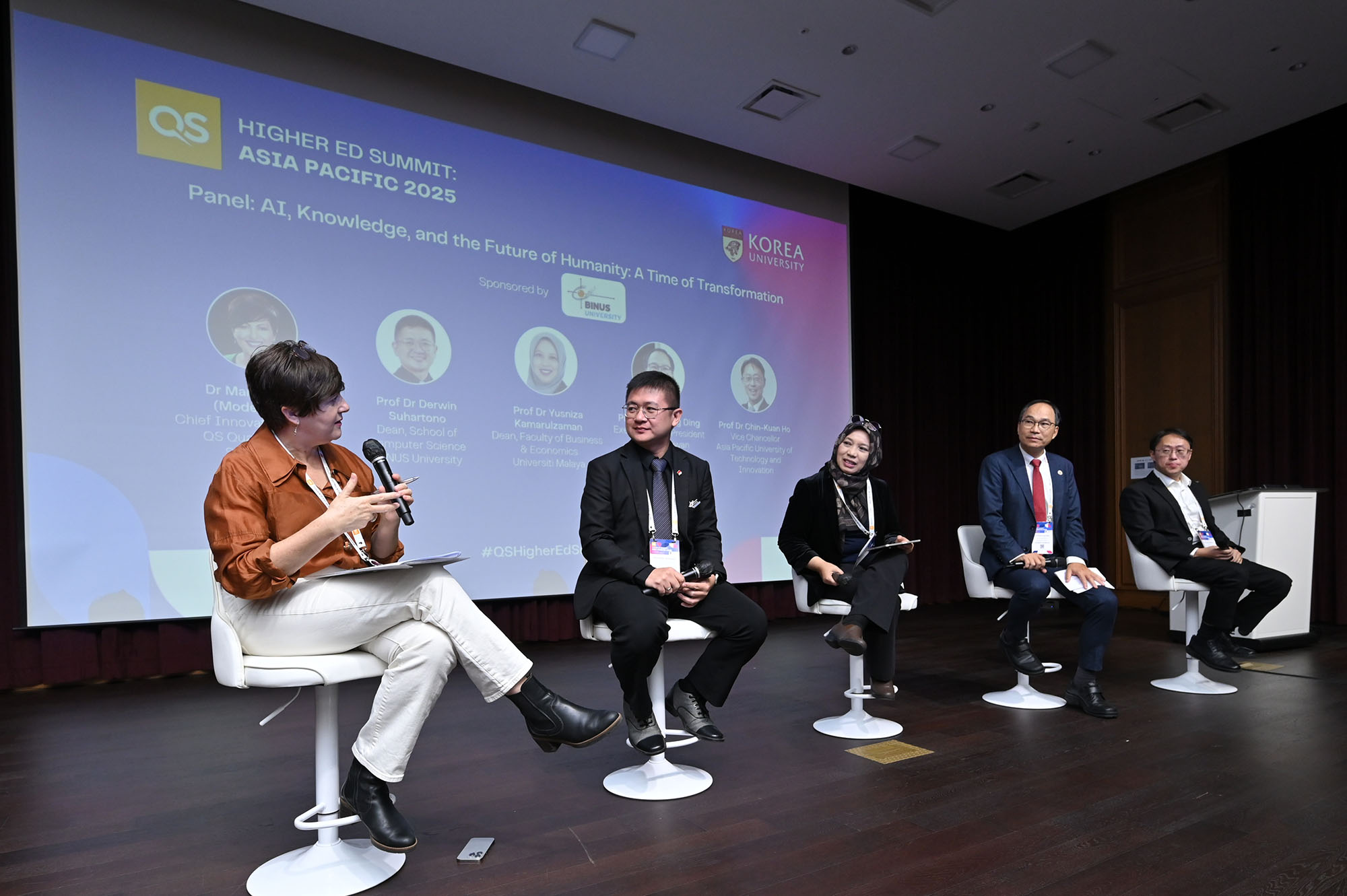
A call to leadership in the age of intelligent systems
For higher education leaders, the panel’s message was both urgent and hopeful:
- The future of AI is one to be shaped, not simply reacted to.
- Universities cannot be passive adopters. They are stewards of knowledge and ethics and should use this influence to guide ethical AI usage.
- The hardest decisions ahead will be human ones, not technical.
As Dr. Spies noted when closing the session, the Asia Pacific region’s diversity and creativity position it to play a leading role in defining the global conversation about AI in education.
If institutions embrace collaboration, responsible innovation, and student-centred change, they can ensure that AI strengthens human potential.
The future of AI in education is still unfolding. The real question is not whether universities will adapt, but what values will guide that adaptation. The choices made today will shape not just the next generation of learners, but the future of humanity’s relationship with intelligence itself.









.jpeg)
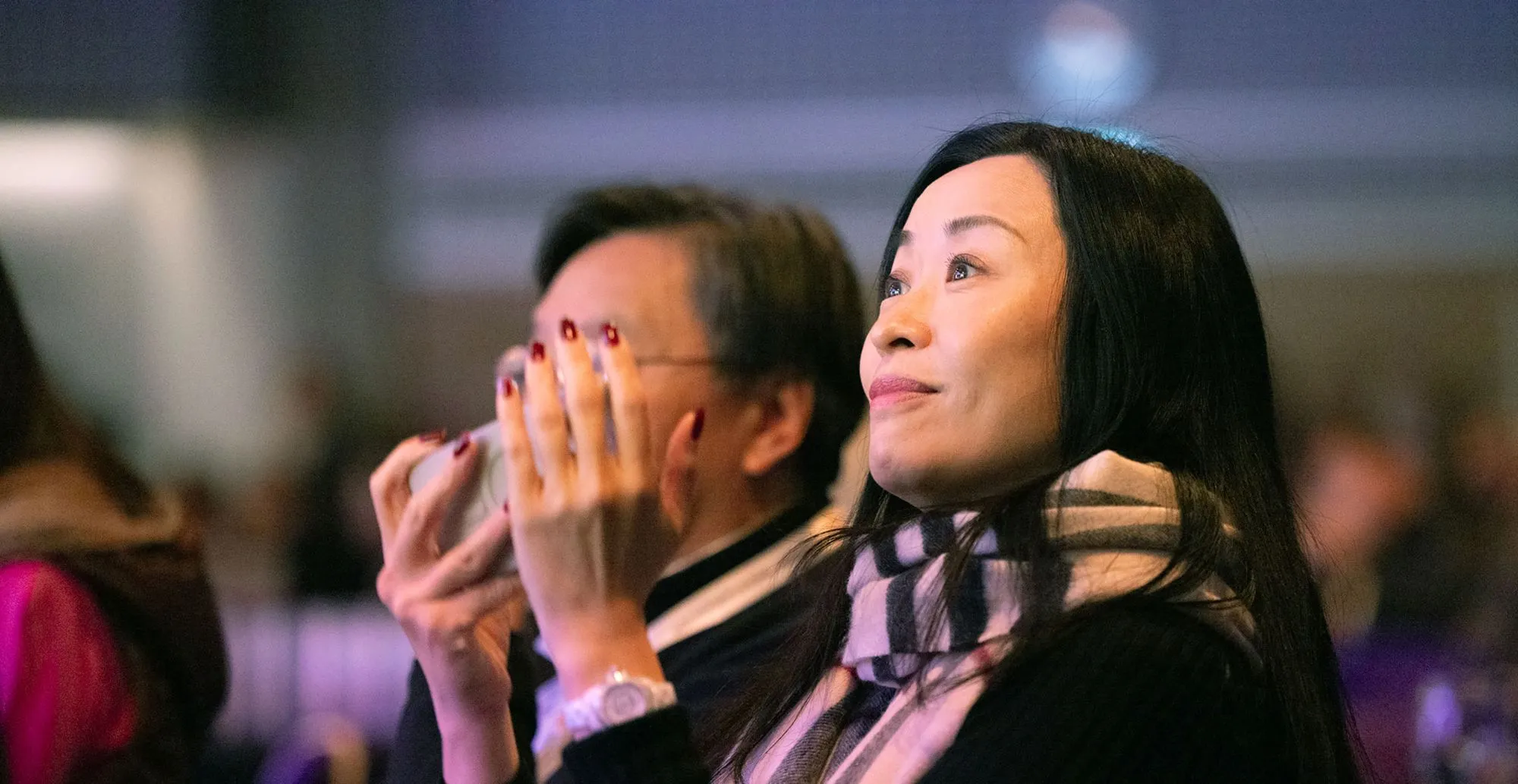
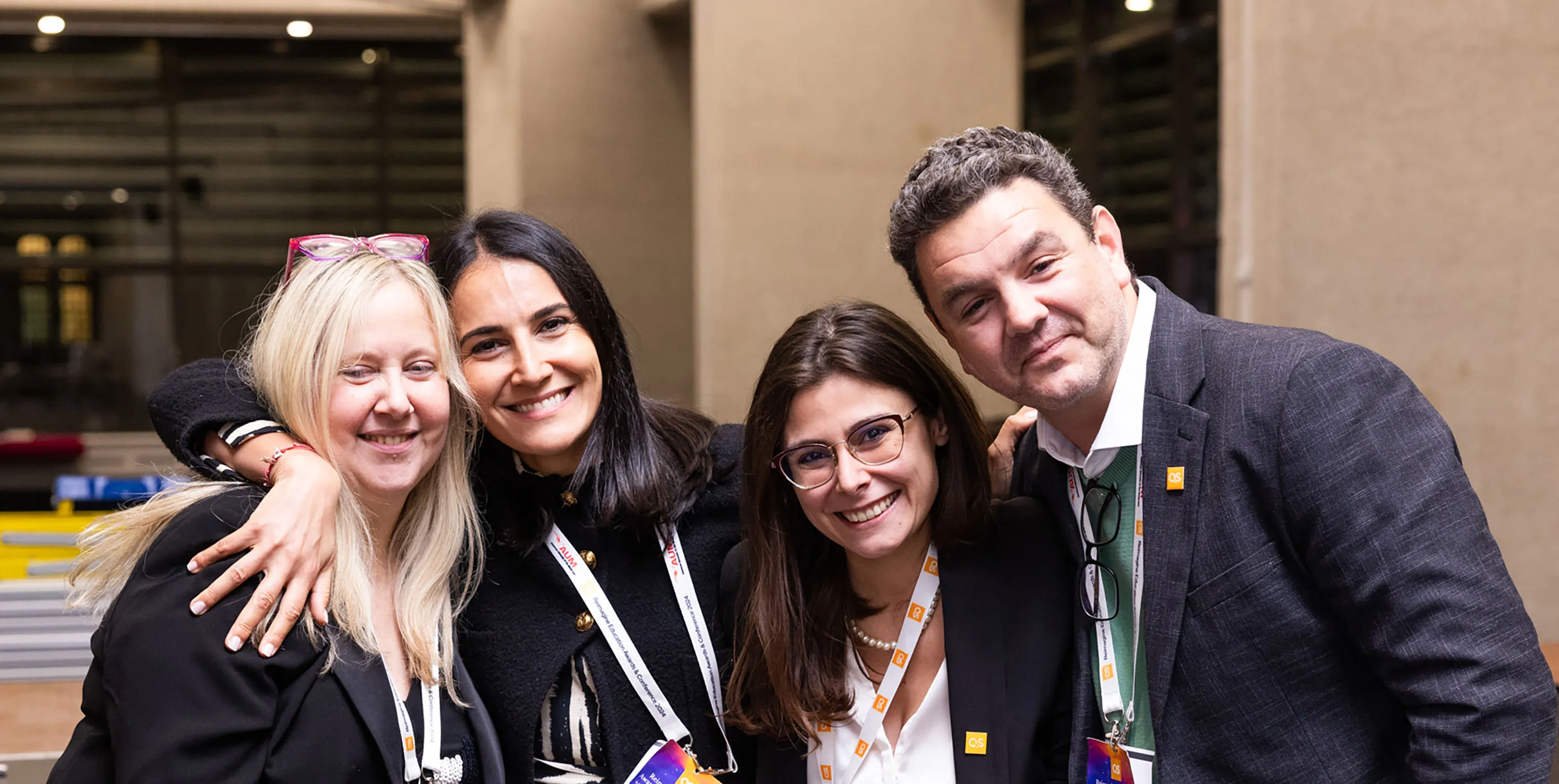



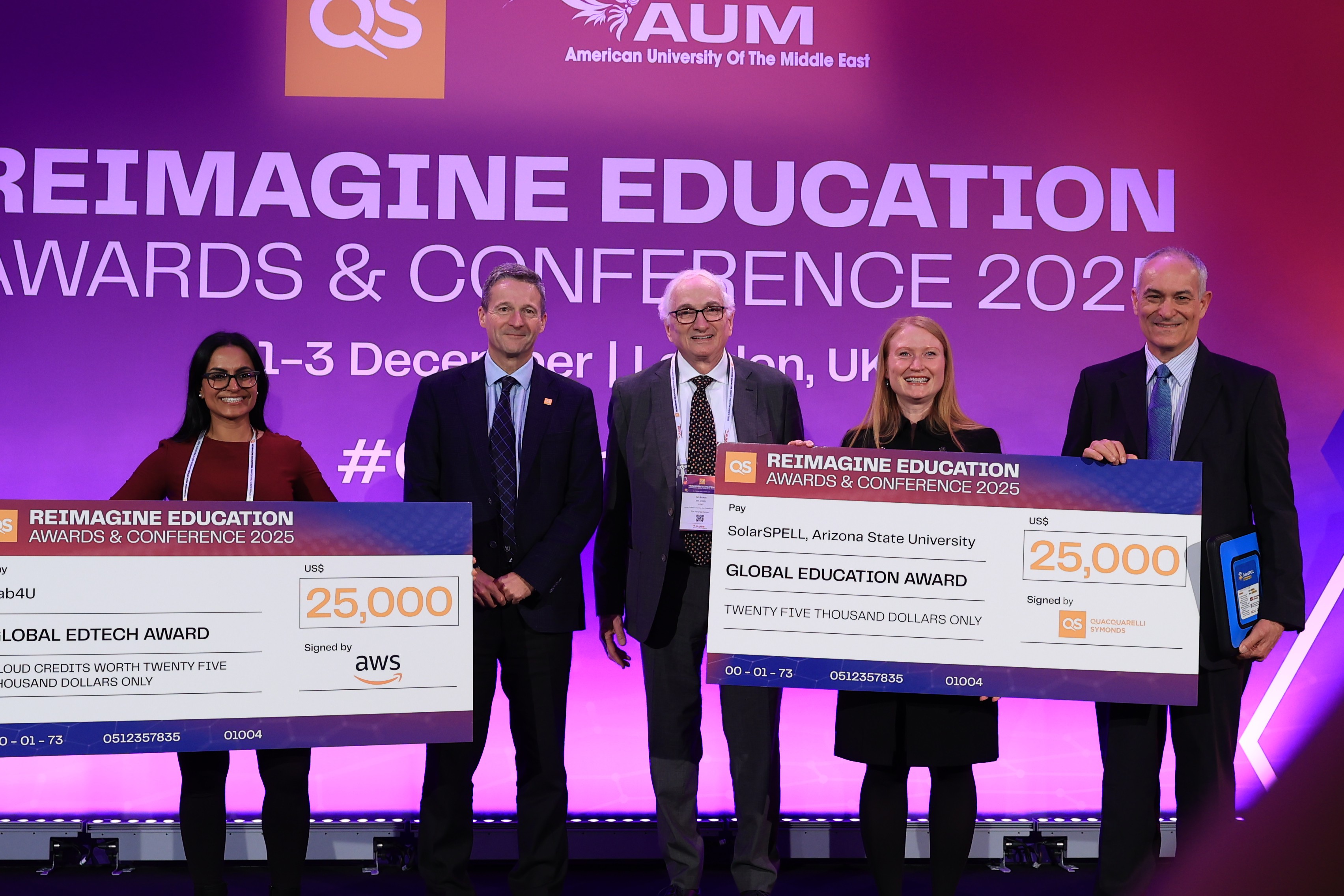
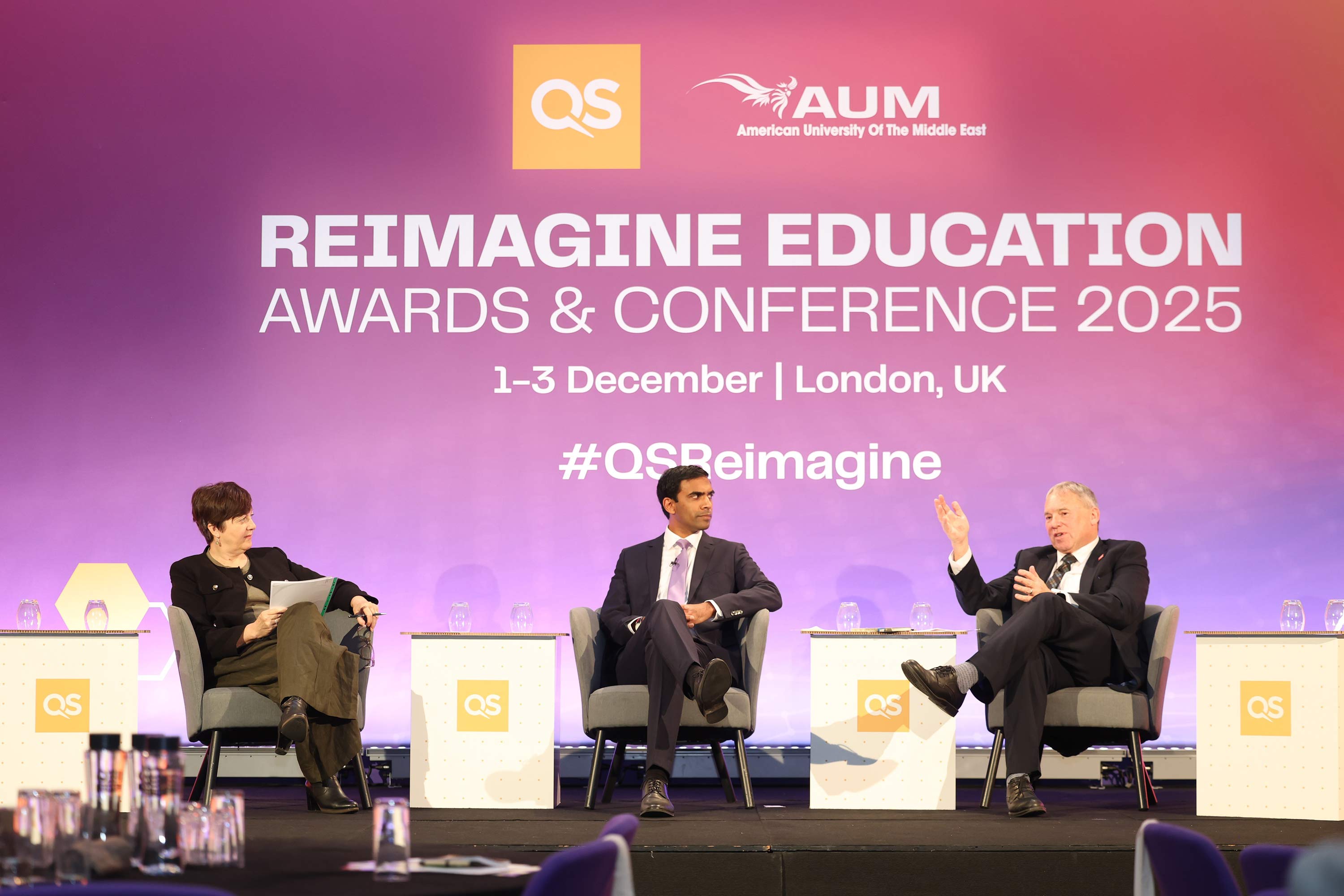
.png)

